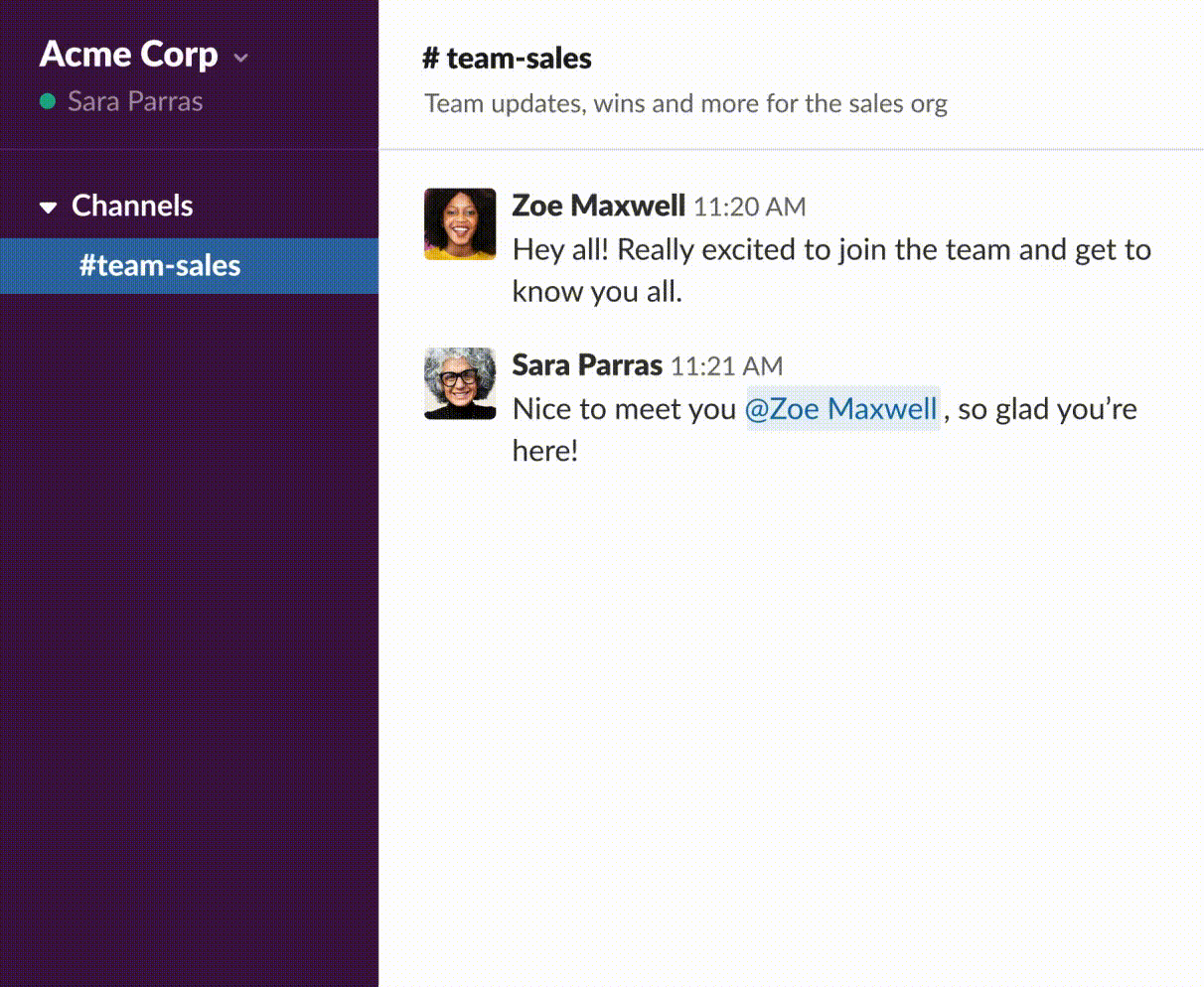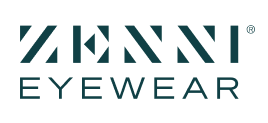Flatiron Health believes that learning from the experience of every cancer patient is critical to improving cancer treatment and advancing research. Founded in 2012, the healthtech company works closely with hundreds of cancer centers across the country and has more than 3 million patient records available for research. “We’re transforming the way cancer is treated and researched,” says Emily Guerin, Flatiron’s head of communications.
Guerin supports collaboration among Flatiron’s 1,200-plus full-time employees, from software engineers and biostatisticians to health professionals and data scientists. Slack has been a critical platform to bring teams together—whether it be for day-to-day tasks or cross-functional collaboration. “Slack is integral to how we work and communicate,” Guerin says.
The rapid shift to remote work during the early pandemic era expedited Flatiron’s efforts to create a successful and engaged hybrid work environment. “The timing was right … for a comprehensive company directory to connect people at work and socially,” she says.
Slack Atlas’s highly detailed user profiles provide employees with necessary context about their teammates, right from Slack. “Slack and Atlas help people work better, even when they can’t physically be together,” says Ted Zagat, Slack’s senior director of product management. “In large organizations with 1,000-plus employees, people can’t know the vast majority of their colleagues, so they crave additional context as they navigate their organizations.”
Flatiron now uses Slack Atlas to provide employees with easy-to-access data when they need it and to foster connectivity from anywhere. “The implementation of Atlas within our existing workspace was very straightforward and easy,” Guerin says.
Unlocking employee success from day one
Remote onboarding can be challenging, especially for those accustomed to going into a physical office space. But the addition of Slack Atlas has been a helpful tool when it comes to facilitating easy syncs between new hires and their teams.
“Slack Atlas has been one of the new features we’ve implemented to help our remote new hires acclimate more easily—as they can seamlessly reference people and org structures and reporting lines,” Guerin says. “They get the information they need, as they meet new people.”
Slack Atlas’s profiles combine data from both enterprise systems and users to provide a holistic view of who everyone is and what they do. This includes how to pronounce someone’s name, preferred pronouns and additional relationships connected to the individual, such as assistants and mentors or mentees.
With this information at their fingertips, teammates can build meaningful relationships without switching contexts, empowering them to do their best work. They can even access Slack Atlas on the Slack mobile app to stay engaged while on the go.
“These enterprise users are exactly why we developed Slack Atlas,” Zagat says. “It’s not just about creating a better profile. We’re fundamentally reimagining the way that people understand and interact with each other.”

Fully customizable, enterprise-grade security
To keep data secure, Slack Atlas benefits from Slack’s robust security and administrative controls. “Eligible customers simply send employee data to Slack through their identity provider, like Okta or Azure,” Zagat says. “Their admin decides which features to take advantage of, and what control to give to their employees.”
Centralizing all your data, people and mission-critical tools into Slack gives your teams one secure destination for everything they need to work smarter, together.
“As an employee, the fewer platforms you have to navigate, the better,” Guerin says. “I wanted something integrated into a platform we were already familiar with and used the majority of our day—and Slack was the answer.”
An advantage to using Slack Atlas is that its administrative tools provide support for delivering a customizable and secure experience for users. Admins have granular control over the profile fields users see, whether the user edits those fields or they are auto-populated.
“We’ve seen from experience that every organization wants to share profile content that reflects their unique organizational norms,” Zagat says. “So we’ve built Slack Atlas with the flexibility to accommodate those needs.”
Synchronized profile data scales with the business
When you can’t swing by a colleague’s desk or give new hires a tour of the office, a living database of relevant information is priceless.
“The shift to hybrid work shone a spotlight on some of our communication gaps,” Guerin says. “To meet the needs of a global and increasingly matrixed organization, we had to introduce easier ways for people to connect and collaborate.”
As Flatiron scales and its teams evolve, Slack Atlas remains a key resource for understanding organizational structure and reporting relationships. Armed with the right context, teammates can increase productivity and find solutions faster in Slack.















